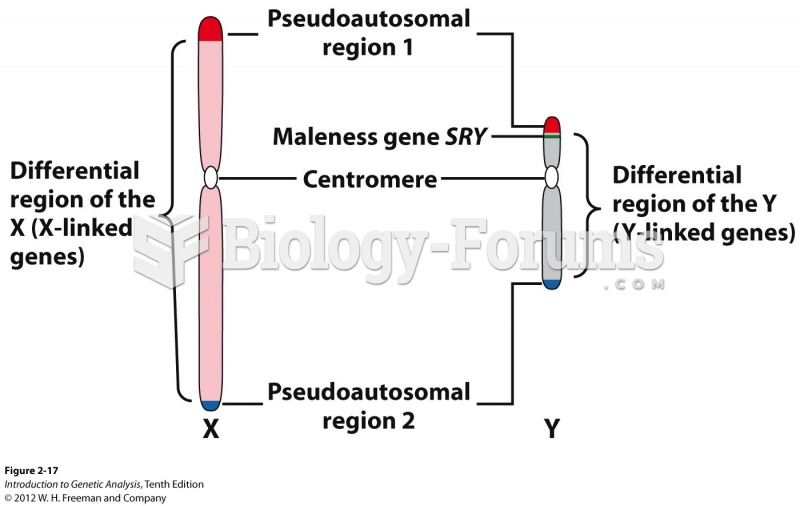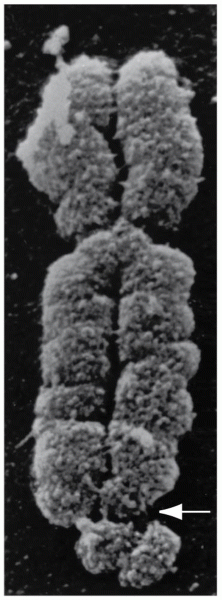Answer to Question 1
Answer: Inspired by the work of Charles Darwin, Arnold Gesell and his teacher, G. Stanley Hall, devised theories based on evolutionary ideas. They regarded development as a maturational processa genetically determined series of events that unfold automatically, much like a flower. Hall and Gesell are remembered for their intensive efforts to describe all aspects of development. They launched the normative approach, in which measures of behavior are taken on large numbers of individuals, and age-related averages are computed to represent typical development. Gesell collected detailed normative information on the motor achievements, social behaviors, and personality characteristics of infants and children. He was also among the first to make knowledge about child development meaningful to parents by informing them of what to expect at each age. His child-rearing books became a central part of a rapidly expanding child development literature for parents.
Answer to Question 2
Answer: If development is continuousa process of gradually augmenting the same types of skills that were there to begin withthen infants and children respond to the world in much the same way as adults do. The difference between the immature and mature being is simply one of amount or complexity. If development is discontinuousa process in which new ways of understanding and responding to the world emerge at specific timesthen infants and children have unique ways of thinking, feeling, and behaving, ones quite different from those of adults. Theories that accept the discontinuous perspective regard development as taking place in stagesqualitative changes in thinking, feeling, and behaving that characterize specific periods of development. In stage theories, development is like climbing a staircase, with each step corresponding to a more mature, reorganized way of functioning. The stage concept also assumes that people undergo periods of rapid transformation as they step up from one stage to the next. In other words, change is fairly sudden rather than gradual and ongoing.







